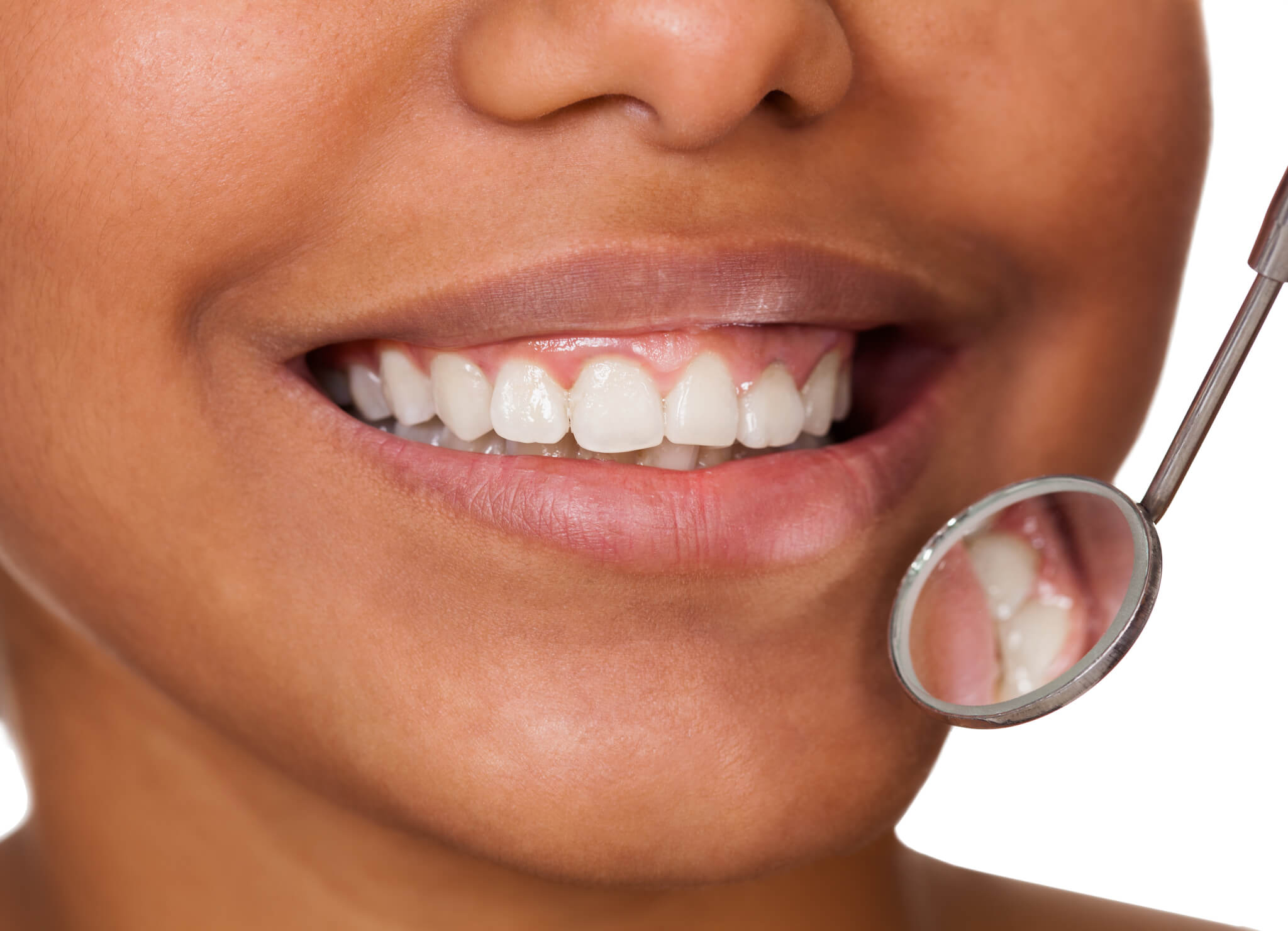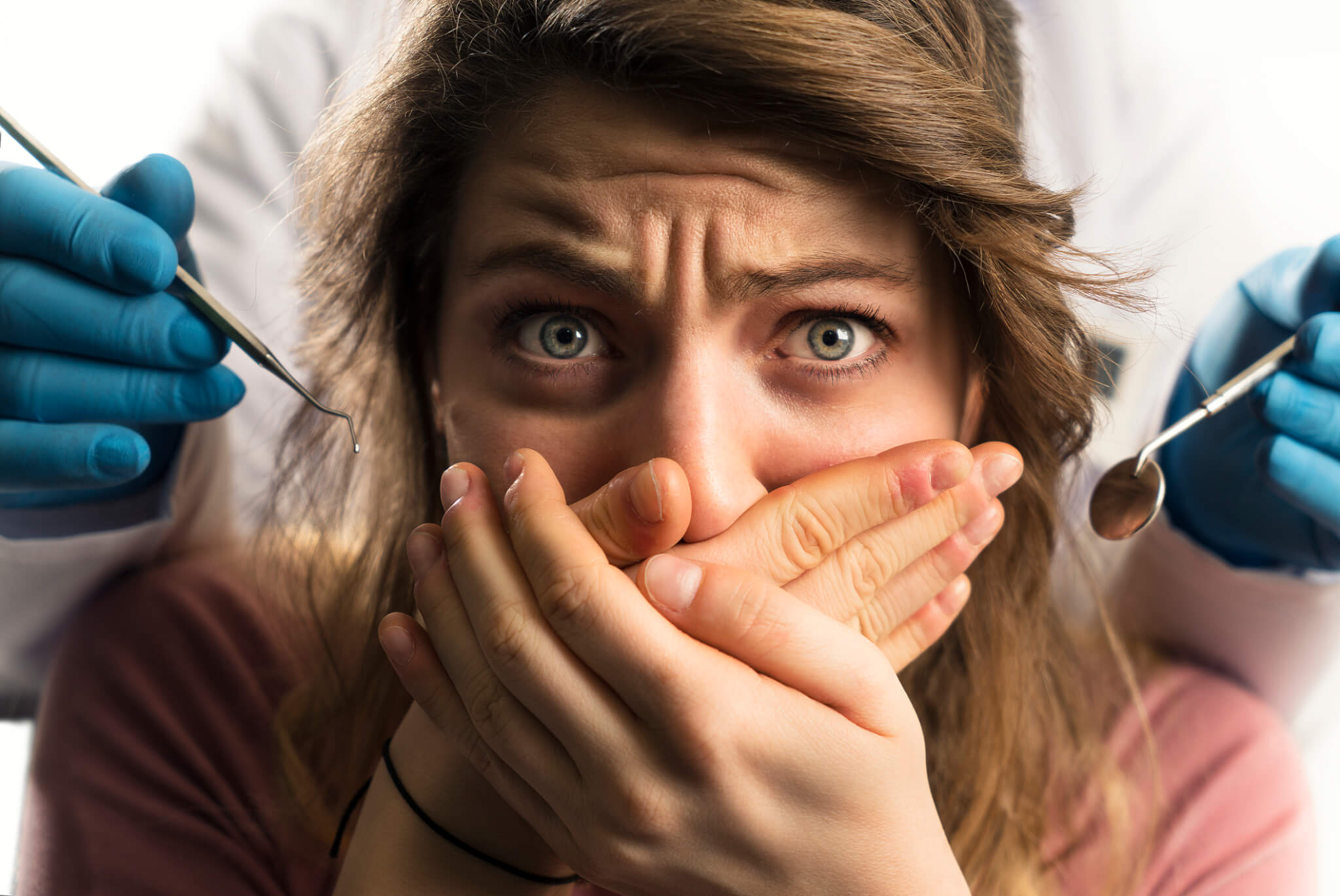
We spend most of our time talking about teeth. As dentists, we can’t avoid it – that’s just what we do. However, dentistry is about far more than just the 32-ish teeth that most of us have in our mouths.
Breaking News: Your gums are just as important! Healthy gums cushion teeth while chewing, and help protect against decay. But sometimes gum disease gets in the way of them doing their job. Usually, this is caused by built-up plaque resulting from poor dental hygiene. But in some cases, there is a genetic predisposition or an immune disorder behind it. Too often, though, gum disease is caused by smoking, which increases the risk by 100% in tobacco users, according to the Centers for Disease Control & Prevention.
The two main types of gum disease are:
Gingivitis
When plaque builds up, bacteria can flourish. And not the good bacteria we’ve told you about — this kind causes red and inflamed gums. Over time, this can lead to pain and bleeding during brushing, which prevents proper cleaning and compounds the problem. If left unchecked, gingivitis can potentially lead to the more-serious ailment below.
Periodontitis
This condition is an infection within the gums, which can lead to tooth loss and even permanent damage to the jaw. The infection grows when gum and bone separate from teeth, creating pockets where toxins collect. The condition slowly erodes the tissue surrounding teeth, loosening the socket and eventually leading to tooth loss and possible bone damage.
A Pound of Cure
The best way to avoid these conditions is to brush and floss — regularly and effectively. Be sure to let us know if you have any prolonged redness or tenderness in your gums.


